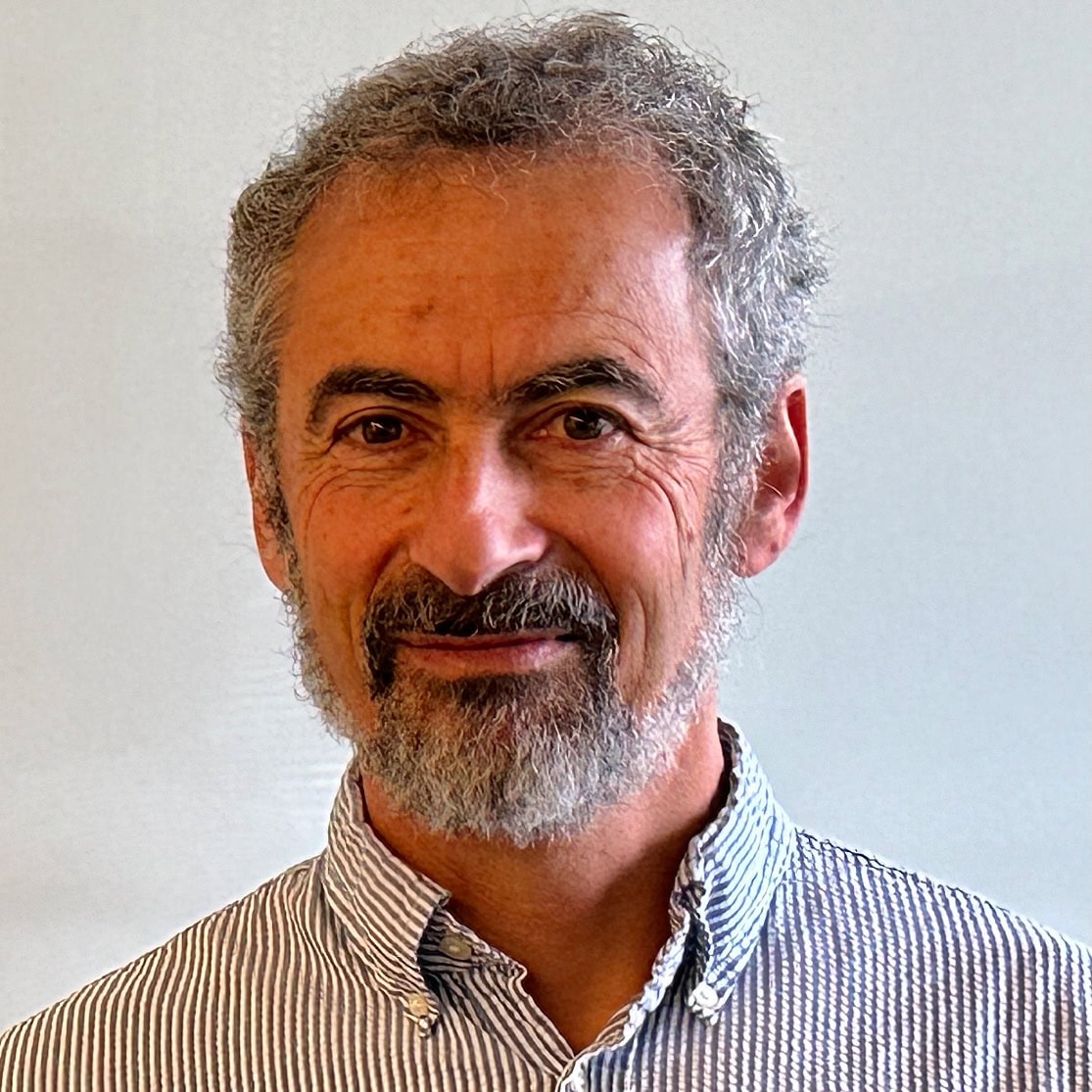Biosketch
David Kaplan is a Professor of Physics at the University of Washington and is the Director of the National Institute for Nuclear Theory (INT). He received his B.S. in Physics from Stanford in 1980, and his Ph.D. from Harvard in 1985, where his thesis adviser was Howard Georgi. Kaplan did his post-doctoral work while in the Harvard Society of Fellows, and then joined the faculty at U.C. San Diego in 1989, moving to Seattle as a Senior Fellow at the INT in 1994, where he became Director in 2006.
Research Interests
Kaplan has worked in various aspects of particle theory, including electroweak baryogenesis, a theory for how the matter/anti-matter asymmetry of the universe could have arisen at an epoch when the thermal energy density of the cooling universe was similar to that achieved in collisions at the Large Hadron Collider in Geneva; the asymmetric dark matter paradigm for why the dark matter density of the universe is not so different from the matter density; and the composite Higgs mechanism for explaining how the recently discovered Higgs boson could arise as a bound state of fermions. In lattice field theory Kaplan helped solve the problem of how to simulate fermions without destroying their chiral symmetry, in effect representing the four-dimensional world as the boundary of a five-dimensional topological insulator. He has also worked on aspects of many-body theory, including effective field theory for low energy nuclear physics, and the phenomenon of Bose-Einstein condensation of strange K-mesons in the heart of neutron stars.
Photo: K. de Weille
Membership Type
Member
Election Year
2013
Primary Section
Section 13: Physics
